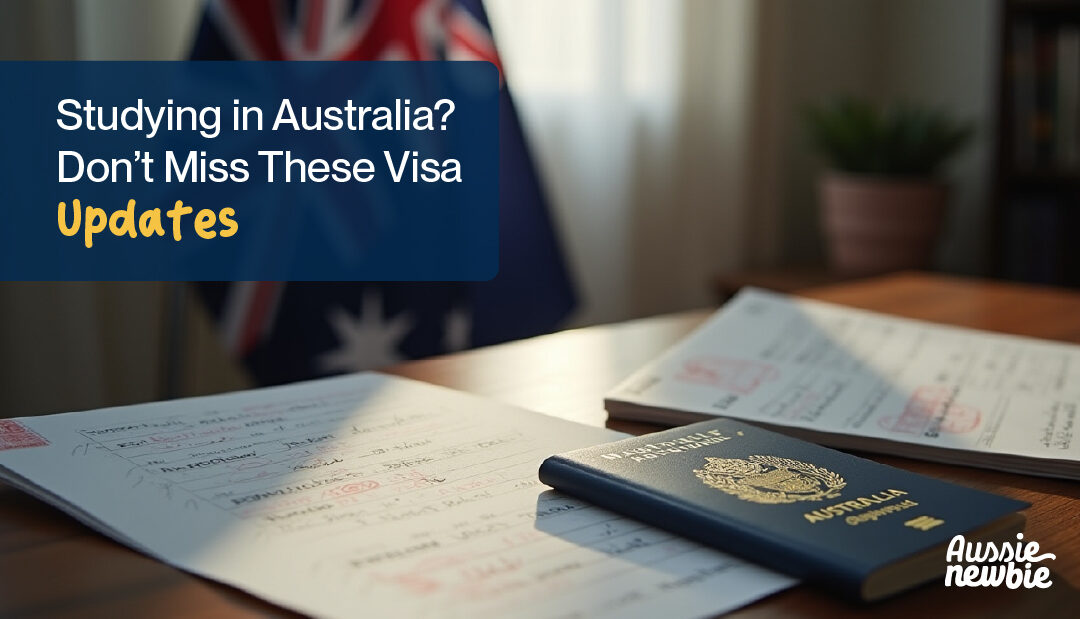Navigating Australia’s visa system can be challenging, but it’s crucial for international students aiming to study and live in the country. Recent policy changes have further shaped the landscape of student visas. Here’s an updated guide to the most common visa options, their requirements, and application processes.
Recent Changes to Student Visas
As of January 1, 2025, the Australian Department of Home Affairs implemented new rules for student visa applications. The key change involves replacing the Letter of Offer with a Confirmation of Enrolment (CoE) as a mandatory requirement for visa applications. This change streamlines the process and ensures that students have secured a place in a course before applying for a visa. Source
Additionally, in December 2024, the government introduced legislative measures to cap the number of international students enrolling in certain courses to manage migration levels effectively. This move aims to balance the benefits of international education with the need to address housing and employment concerns. Source
Student Visa (subclass 500)
This visa allows international students to stay in Australia for the duration of their course. Recent policy changes have emphasized the importance of securing a CoE before applying. To apply for this visa:
- Obtain a CoE: Enroll in a registered course and receive a CoE from your chosen institution.
- Financial Proof: Demonstrate sufficient funds to cover tuition, living expenses, and travel costs. Recent regulations have tightened financial requirements, so ensure you have adequate savings. Source
- Health Insurance: Maintain Overseas Student Health Cover (OSHC) for the visa duration.
Temporary Graduate Visa (subclass 485)
After completing your studies, this visa allows you to work in Australia temporarily. Recent changes have reduced the maximum eligible age for this visa from 50 to 35, affecting older graduates’ eligibility. Source
To apply:
- Qualification: Hold an eligible qualification from an Australian institution.
- English Proficiency: Meet the required English language standards.
- Work Experience: Provide evidence of relevant work experience, if applicable.
Post-Study Work Rights
Recent policy adjustments have also impacted post-study work rights. It’s essential to stay updated on these changes, as they can affect your employment opportunities after graduation. Source
Key Considerations:
- Stay Informed: Regularly check the Department of Home Affairs website for the latest updates on visa policies.
- Consult Advisors: Seek guidance from your university’s international office or registered migration agents to navigate complex regulations.
- Plan Ahead: Given the dynamic nature of immigration policies, start your application processes early to accommodate any unforeseen changes.

